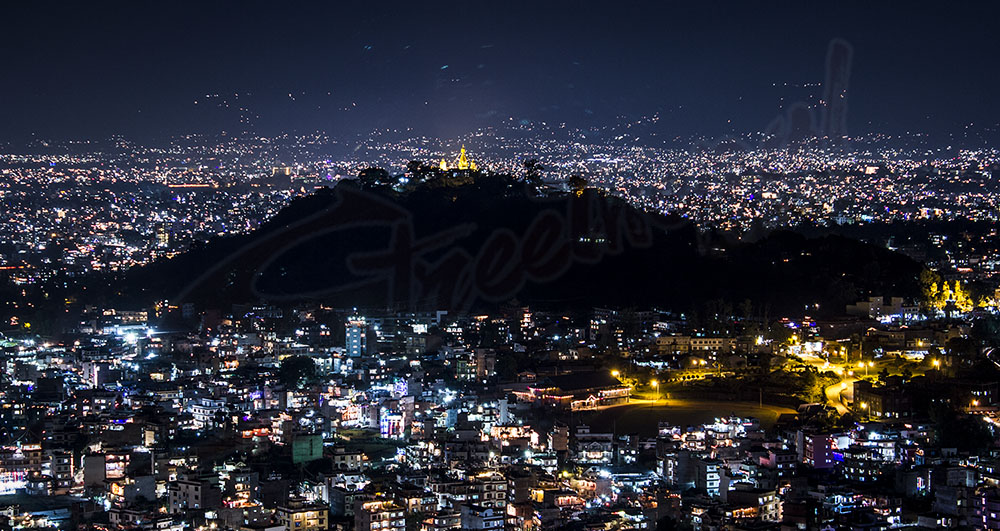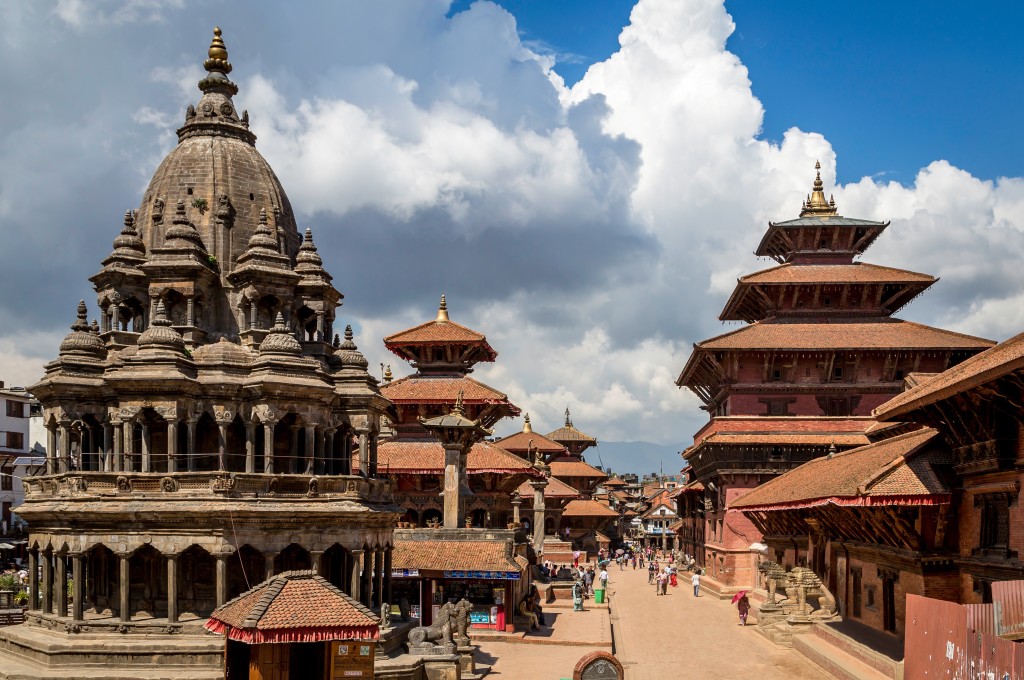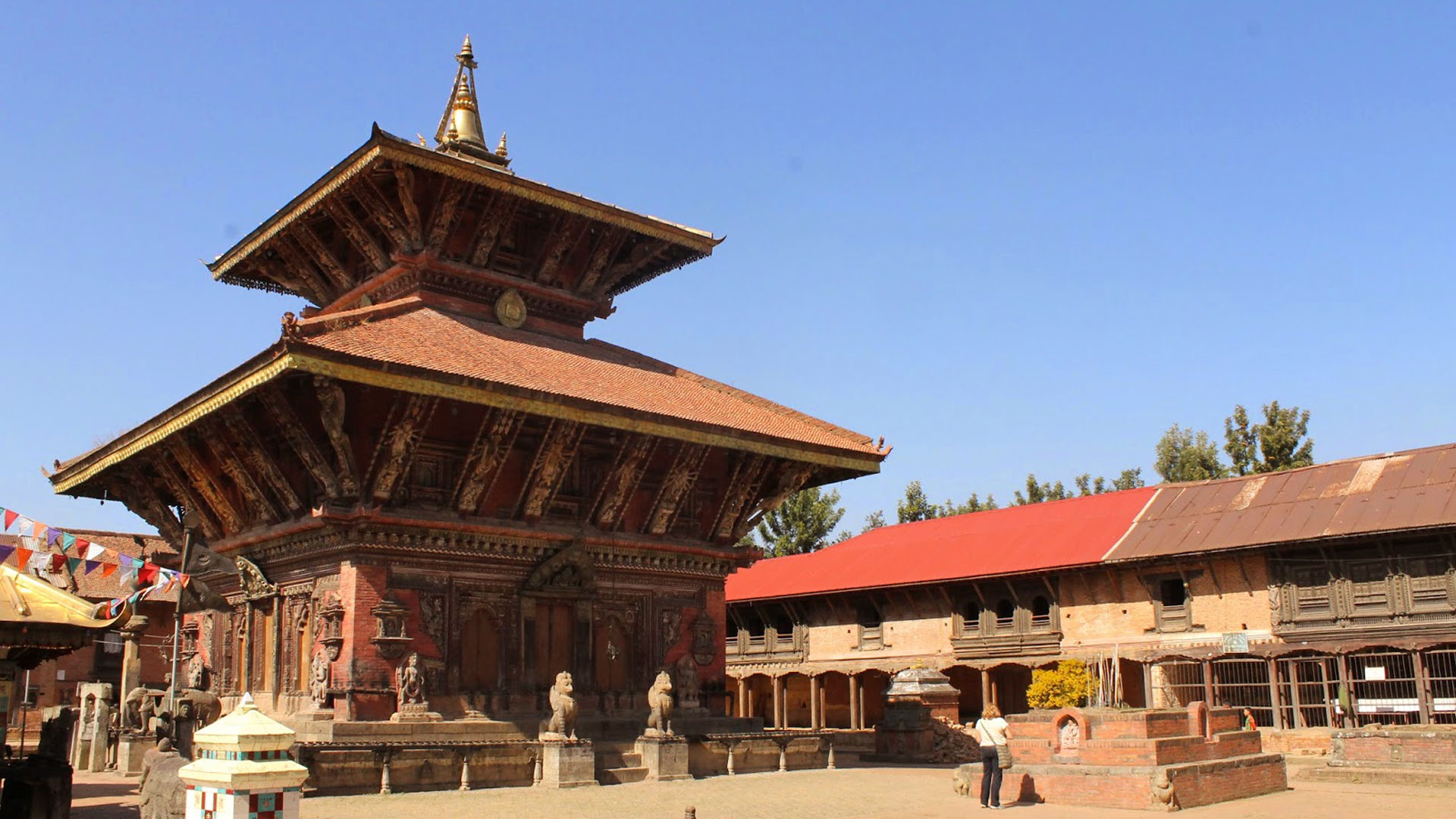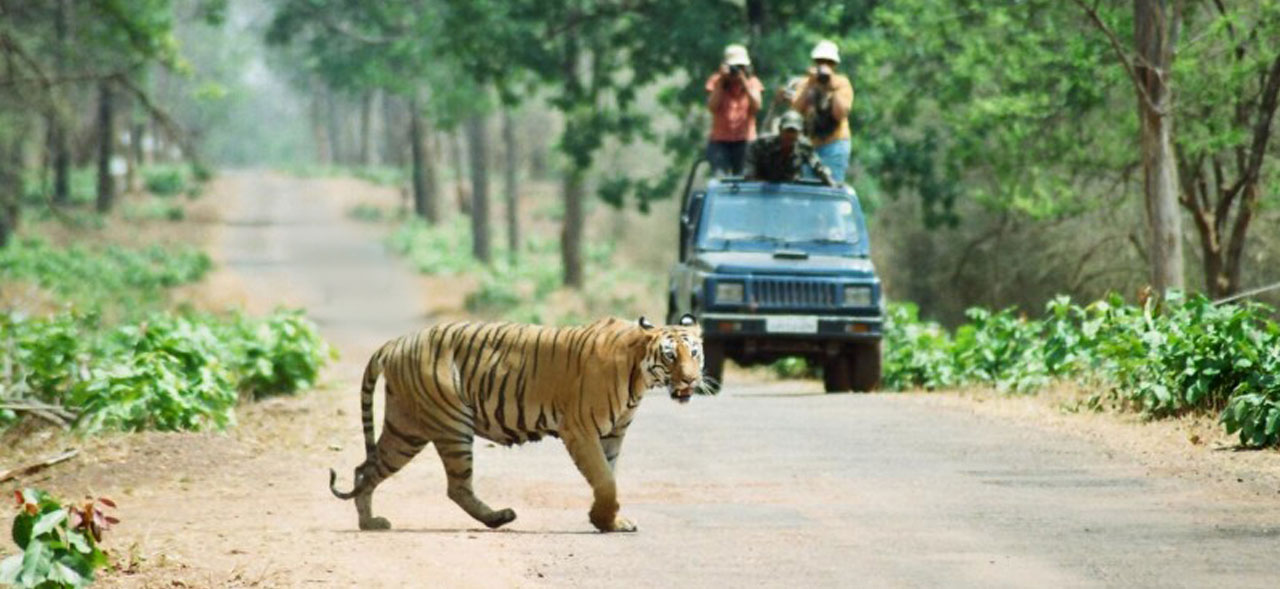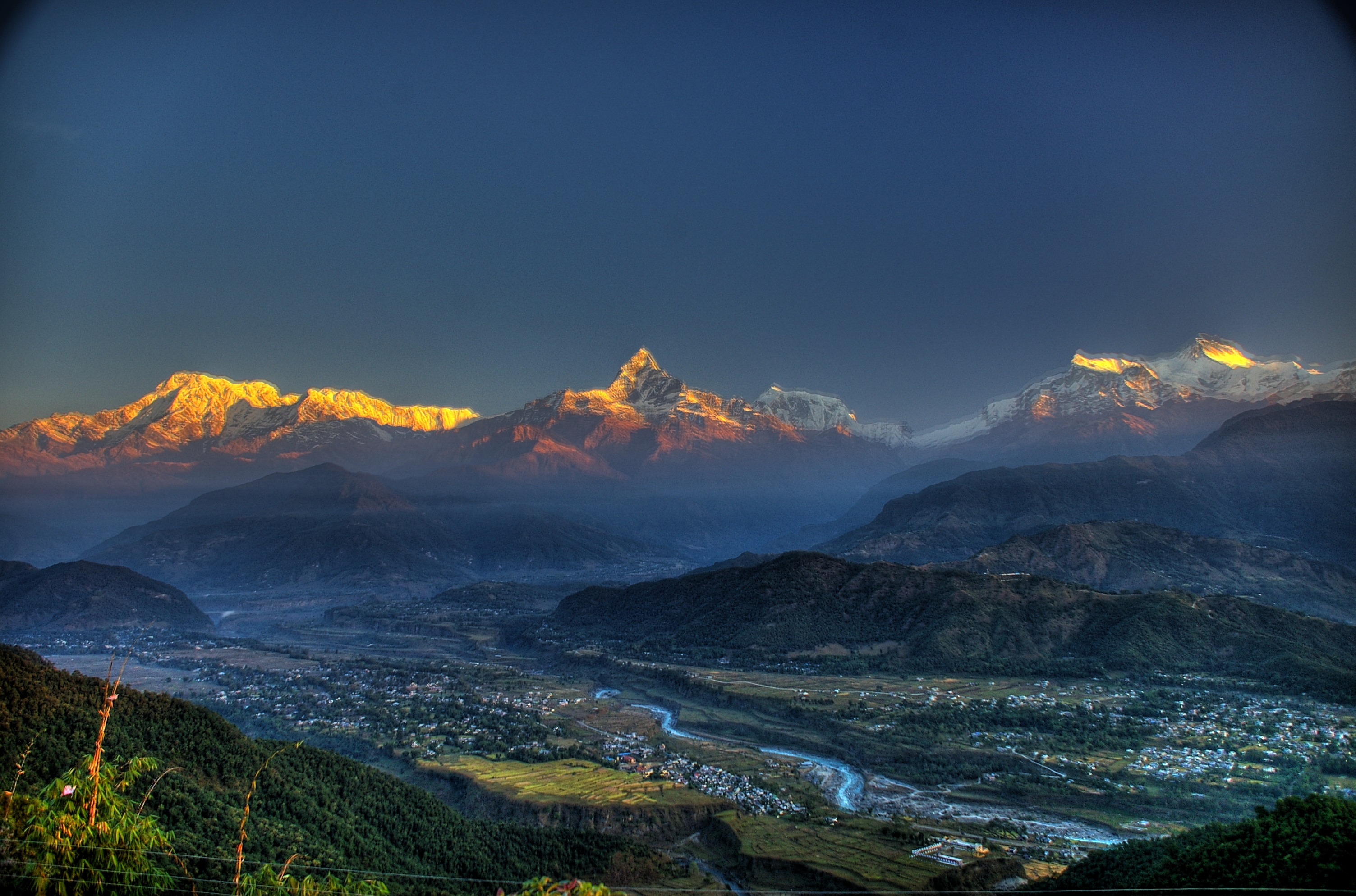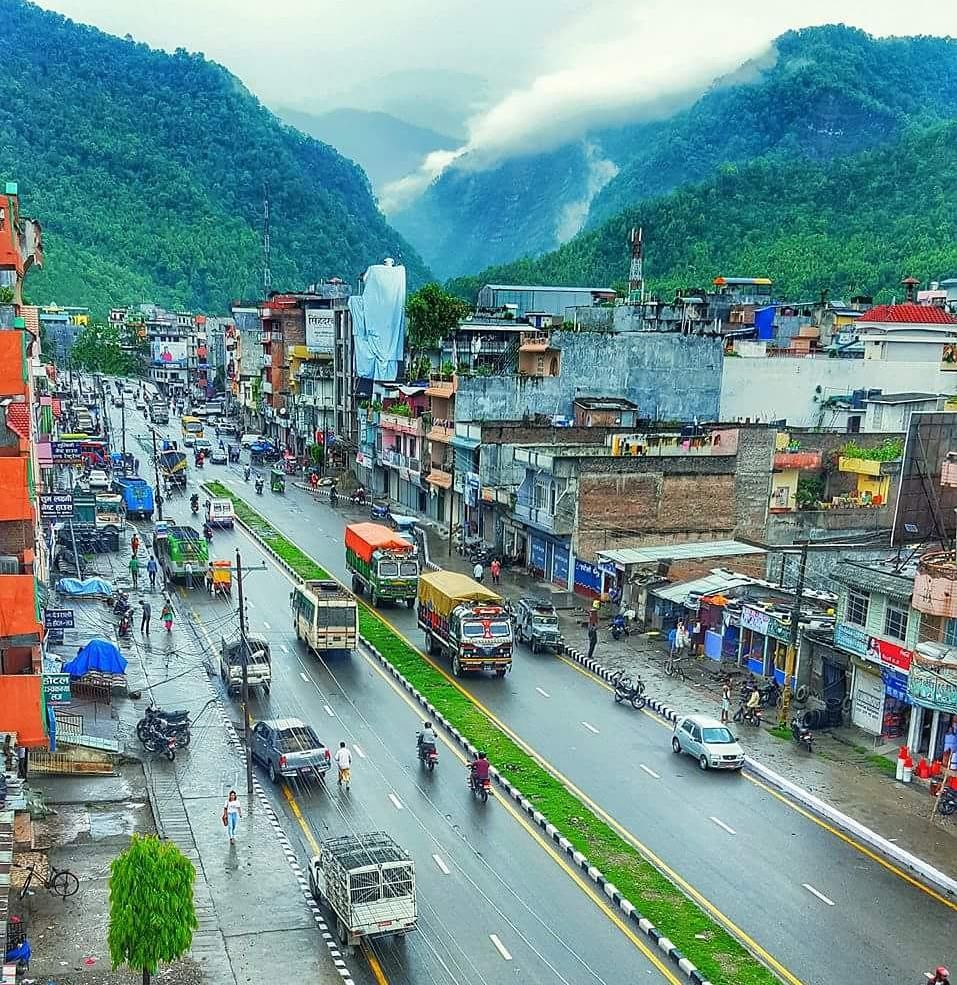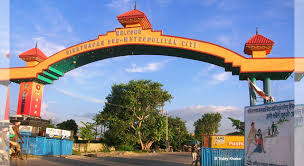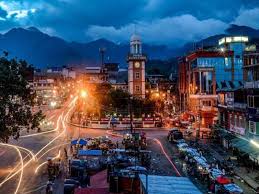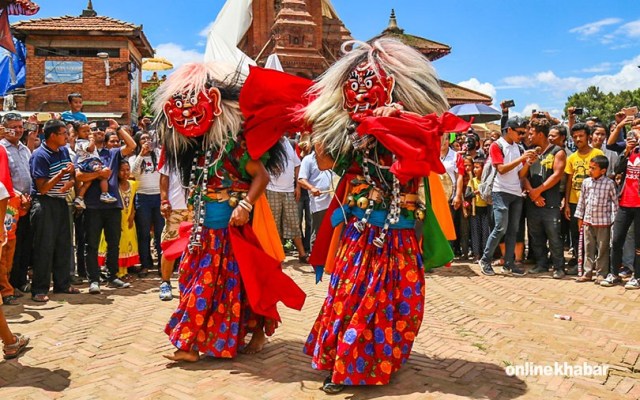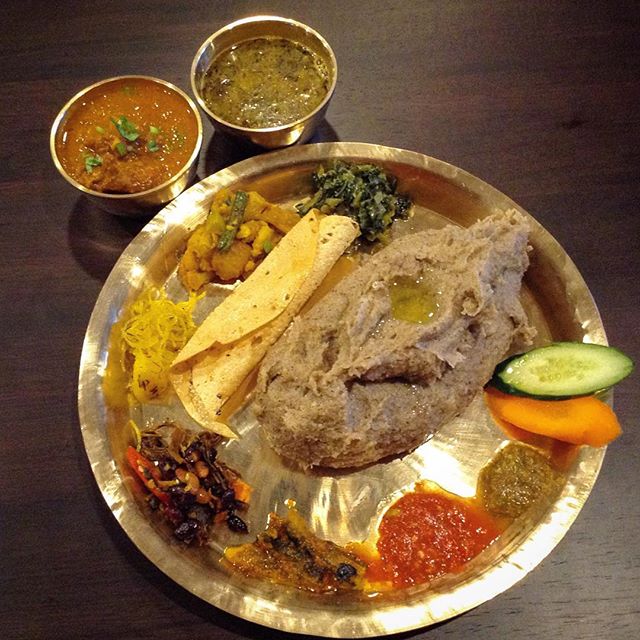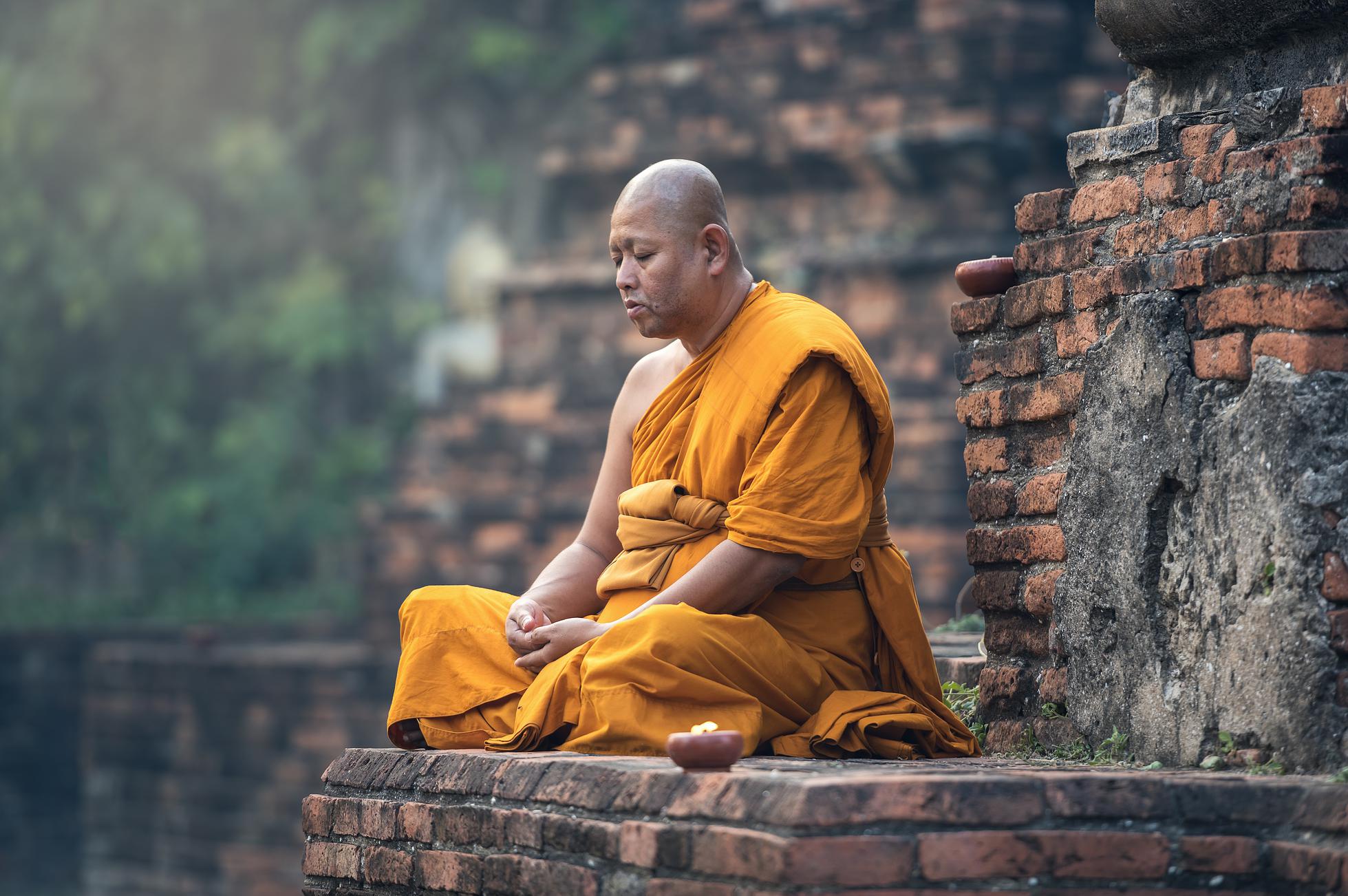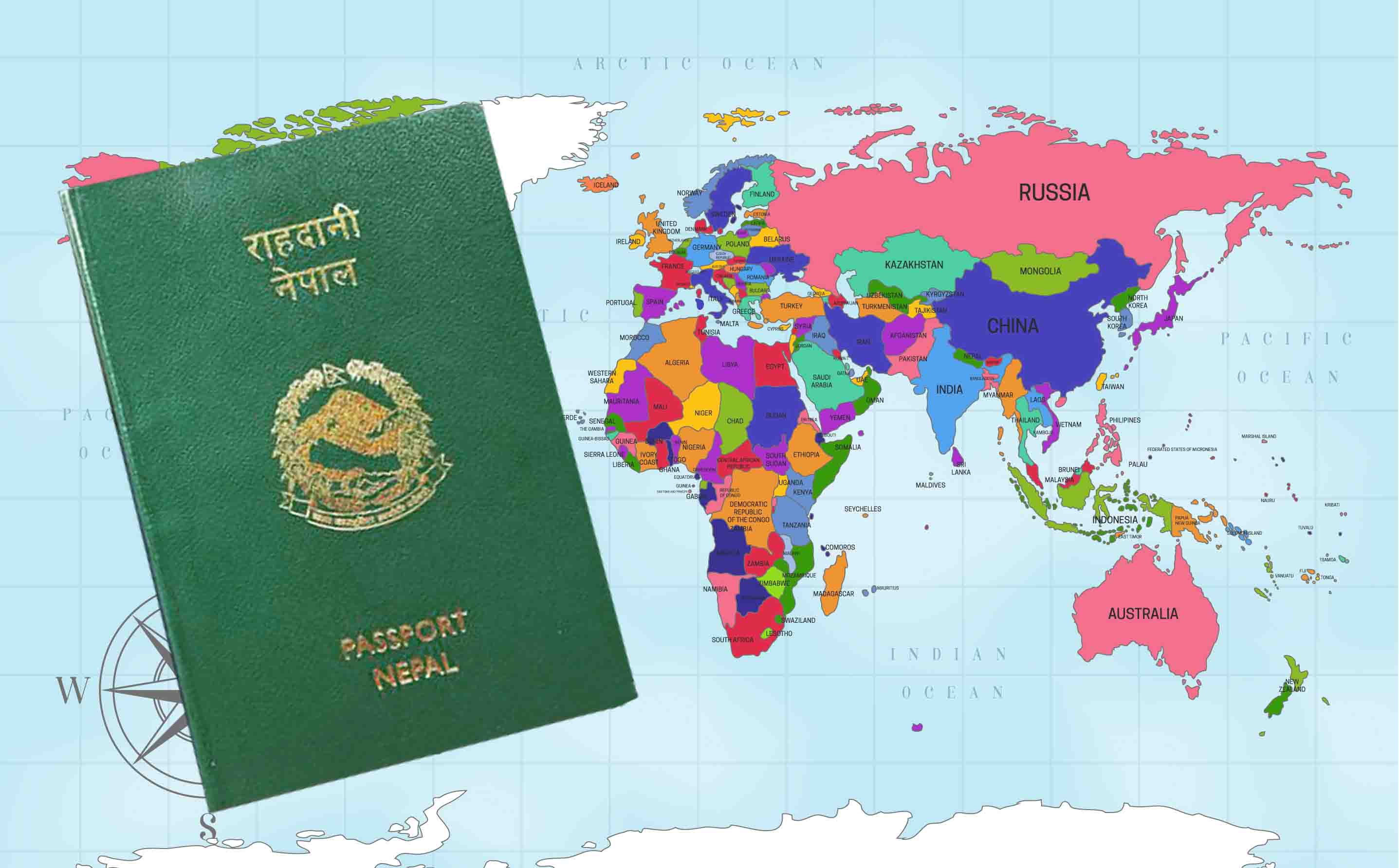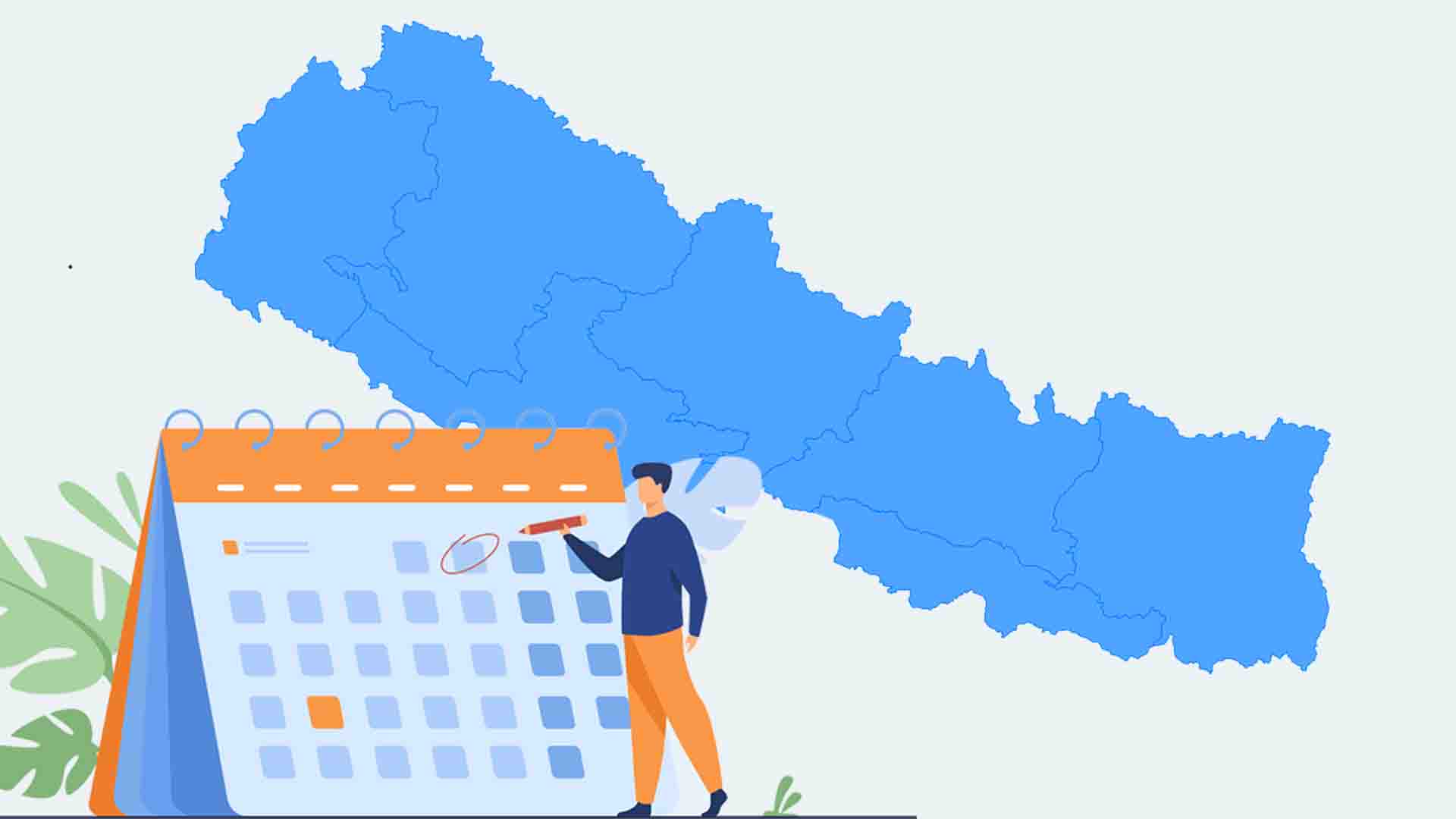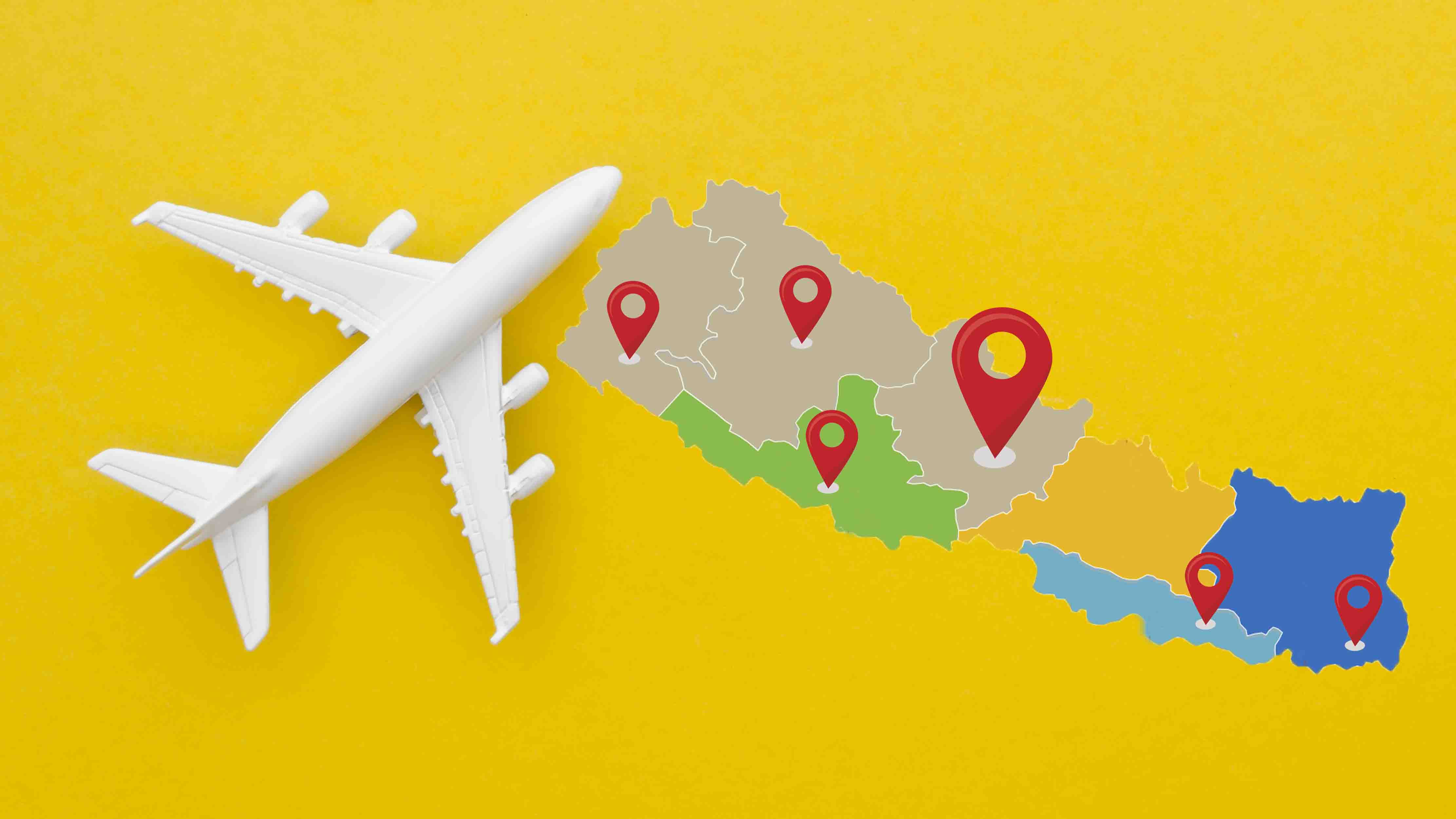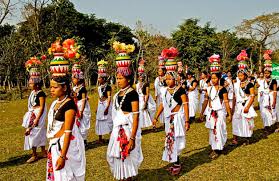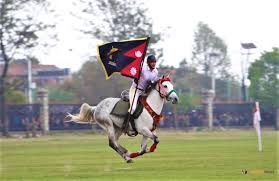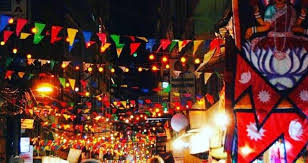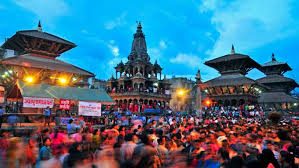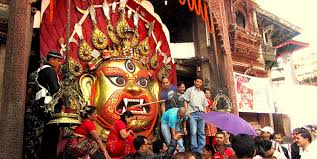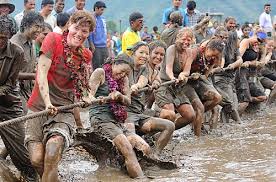Understand Nepal > festival > Jitiya Parba
Jitiya Parba
Jitya Parba is one of the popular festivals of Tharu Community which falls on August or September every year depending upon the lunar calendar. It is most common among the married women of the community who perform fasting for the well being of their husbands and sons.
Married women of Tharu group perform Na Kha ritual on this festival which means to take food only after performing a ritualistic bath. The festival is for two days. On the first day, the women who are to fast eat special food like beaten rice, curd, amot (raisin of dried mango juice), etc. after they worship the deity Jitamahan and the ancestors and offer them food. The offerings comprise of mustard cake, molasses, and mustard oil.
The fasting takes place on the next day from 4:00 am. Na Kha ritual lasts till 8:00 am the next day. Women do not eat and drink the entire day and break the fast only after worshipping the next day. The fast is completed after the holy dip in a local sacred river or pond in the morning. It is a public holiday on Jitiya Parba, and women mostly go to their parent’s house to perform the fast.
Along with religious significance, Jitiya Parba is also a festival that brings families and relatives together. It lets women share their happiness despite all the sorrows in their lives for a day and perform fast with purity.
It is also the festival to recall the story of Jitamahan which is told by the senior member of the community and is joined by juniors. The deity is offered with oil, which is considered as prasad and worn by juniors over their body and head.
Several traditional food items like roti of millet flour, curd of nine greens and fish, and other items, combined known as Machh Maruwa is eaten on the first day by the family before the grand fasting. Some other rituals of the festival include Othgan, which means applying food on the lips in the morning before crows start cawing. Those who take part in the Othgan ritual apply curd and beaten rice on their lips. The ritual takes place on Ashwin Krishna Ashtami – the eighth day of the waning moon of Ashoj month of the Nepali calendar.
The festival highlights the local community and lifestyle of people in the Terai region and involves recalling lost souls or ancestors by offering them unique food items. The fast can be extreme as it involves not just avoiding food or drink for an entire day but also avoiding the biting of the tongue, coughing, or burping. Some people of the ethnic group take it very seriously while some have modernized the fasting ritual.








